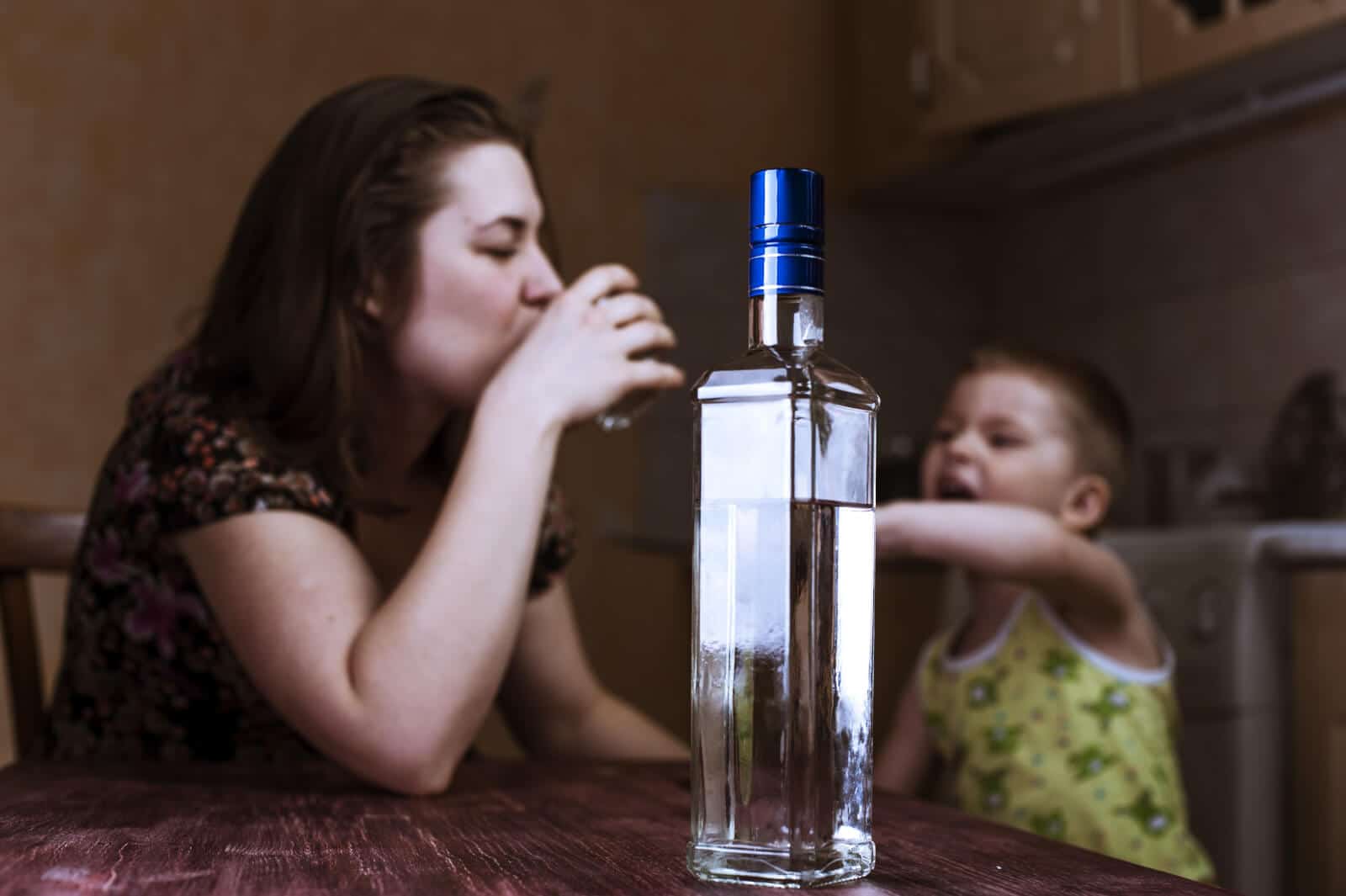Alcohol And Child Abuse
- Categories:
- Alcoholism
- prevention

The Relationship Between Alcohol And Child Abuse
There is a clear connection between excessive alcohol consumption and violent and/or criminal behavior. Evidence of the relationship between the two dates back as far as the 4th century BC. Recently, researchers have clarified alcohol’s relation to violence, fueled by severely inhibited decision-making. In the US, about a third of inmates were intoxicated upon arrest; half of all domestic abuse involve drinking. The relationship between alcohol and child abuse, specifically, is particularly close, with alcohol abuse being a contributing factor to child abuse and child abuse being a contributing factor to adult alcoholism. Over 1 million children are abused or neglected annually. Over 425,000 of these children were placed into the Child Welfare system.
A deteriorating alcoholic parent, in dealing with the children as well as with spouse, frequently oscillates between maudlin sentimentality with seductive overtones and rages with physical attacks.
How Alcoholism Relates To Child Abuse
One of the harshest aspects of an alcohol use disorder (AUD) is its effect on the families of those suffering from an addiction. Alcoholism is said to run in families. Of the 14 million Americans with an AUD, nearly half grew up with an alcoholic in their home. Research shows that children who grow up with an alcoholic family member in the household are four times more likely to abuse alcohol as adults.
Alcoholic parents are more likely to neglect children by:
- Physically or mentally impairing themselves
- Reducing the capacity to respond to a child’s cues and needs
- Having difficulty regulating emotional responses
- Spending limited funds on alcohol instead of household needs
- Spending time seeking out alcohol instead of maintaining responsibilities
- Incarceration
- Estrangement from family
Children may also be physically or mentally abused by parents who are overly impulsive, aggressive, and violent. This can stunt children’s emotional and physical development, leading to disorders like PTSD.
However, if Child Protective Services become aware of any abuse or neglect, they will intervene, investigate the situation, and remove children from potentially dangerous situations if necessary. In extreme cases, termination of parental rights may occur. The Department of Health and Human Services estimates that between one-third and two-thirds of child abuse cases involve some form of substance abuse. Today, just over 1 in 10 children in the US live with a parent who suffers from a substance use disorder (SUD) or dependency; 7.3 million specifically deal with an alcoholic parent.
Need Addiction Support?
It’s time to reclaim your life from addiction. Call now to connect with a treatment provider and start your recovery journey.
Reach out to a treatment provider for free today for immediate assistance.
Addiction And The Foster Care System
The Children’s Bureau lists “social isolation, poverty, unstable housing, and domestic violence” as reasons children must be removed from homes where substance abuse takes place. In 2012, 31% of children taken from their parents and put into foster care were removed due to alcohol or drug use (some states had rates topping 60%). Of all parents misusing alcohol and drugs, alcoholic parents make up 88% of parents with substance use disorders.
In the long run, children of abuse are at a higher risk of:
- Decreased cognitive, social, and emotional growth
- Depression
- Anxiety
- Health issues
Because of the trauma involved in living with an alcoholic parent and that of being removed from one’s home, children growing up in foster care are more likely to abuse drugs or alcohol themselves. Nearly half of all foster care youth reported drinking or using an illicit substance within the past six months; 35% qualify as having a SUD. These children are also at higher risk of having a poly-substance use disorder in additional to mental and emotional illnesses that often go untreated.
Breaking The Cycle
Despite the requirement for addiction treatment for parents who are investigated by Child Protective Services, the number of parents who receive and/or complete treatment is low. Coordinating efforts between child welfare, substance abuse treatment, and family drug courts has remained difficult and inhibits efforts to rehabilitate families.
If you or a loved one have had a child removed by child welfare, the Children’s Bureau recommends taking the following steps:
- Make regular contact with your child.
- Show that you are planning for your child’s future.
- Stay in touch with your child’s caseworker, your family caseworker, and your attorney.
- Complete any programs your family service plan requires.
- Participate in family court proceedings.
Alcohol Rehab Guide is not affiliated with any insurance.
For more information, contact a treatment provider.






